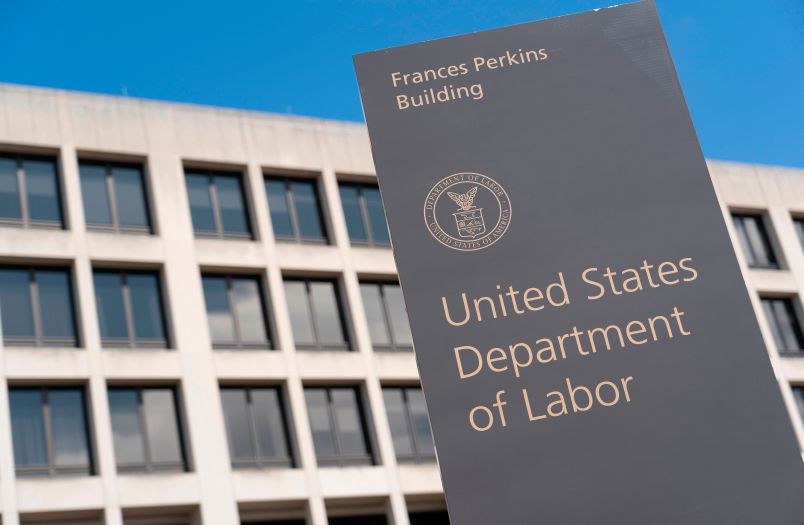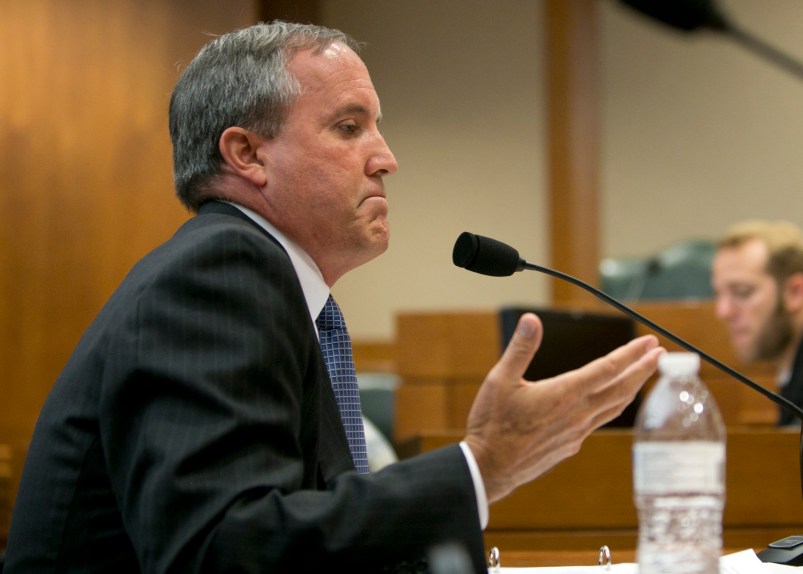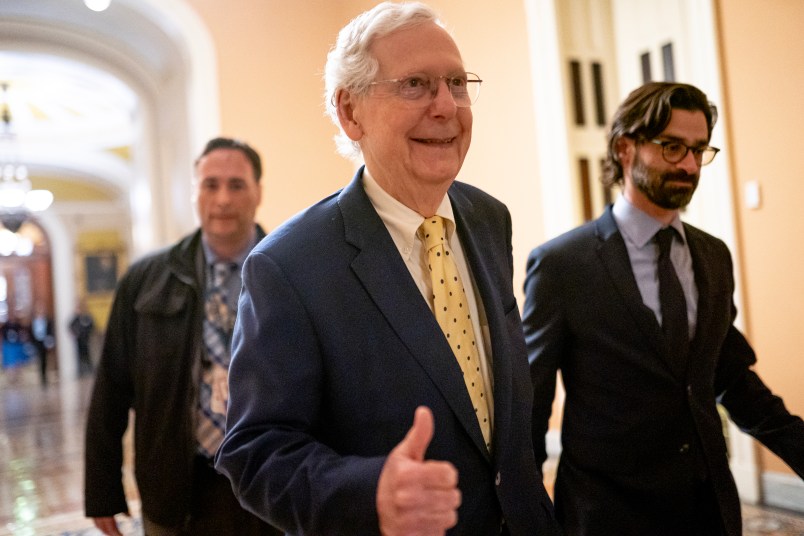This article is part of TPM Cafe, TPM’s home for opinion and news analysis.
Unemployment claims have skyrocketed to their highest level in U.S. history, with nearly 22 million people filing for benefits since mid-March. While some job loss is to be expected during a deadly public health crisis, unemployment of this magnitude can be blamed as much on policy choices as unfortunate side-effects. The deeply troubling unemployment insurance (UI) figures underscore what many economists and policy experts have said for years: that the U.S. economy was on less stable ground than topline indicators suggested. Perhaps one of the most obvious, yet underappreciated, signals was the labor market instability faced by black and brown workers well before this crisis began.
The rapid unemployment we’re seeing now gives us a glimpse at the extent to which work has become precarious in the United States, especially for low-income people and communities of color. Researchers and advocates warned prior to this crisis that the persistent poverty and income inequality, felt by women of color in particular, was making our economy less stable overall. Those same conditions will also likely make it more difficult for our economy to recover from this crisis in the long term.
As soon as stay-at-home orders went into effect across the country, millions of workers found themselves jobless and without health insurance. Low-wage workers were hit hardest. In the first two weeks of this crisis alone, 80 percent of those who filed for unemployment insurance were low-wage workers. While there isn’t racial data on UI filers, low-wage workers are disproportionately people of color, and it’s almost certain that next month’s unemployment data will show that people of color bore the brunt of job losses since the crisis began.
These job losses can in part be explained by policy choices. First, declining union density and weakened labor protections have meant that workers have less power on the job and less ability to negotiate with their employers over policies like worksharing or furloughs, or for benefits like health care or paid leave. Rising corporate power has been both a cause and effect of declining worker power, and has created greater instability in the labor market. The increased practice of workplace fissuring — which is when jobs that used to be housed in one company are subcontracted out — has also helped fuel this decades-long trend of low-quality job creation.
Second, the U.S. government has done far less than other countries to keep people employed. As Emmanuel Saez and Gabriel Zucman — two University of California, Berkeley economists — point out, many European countries are encouraging companies to keep workers on payroll, even in industries that have shut down to contain the spread of the coronavirus, in some cases by offering to pay up to 80 percent of workers’ wages. The U.S. government, on the other hand, is opting to beef up unemployment benefits rather than aggressively protecting employment. While the most recent legislation passed by Congress does include a generous increase in unemployment benefits, it also included a $500 billion slush fund for large corporations that’s lacking policy to hold accountable bad actors who may be inclined to take a bailout while laying off their workforce in order to boost or maintain profits.
Workers of color will feel the effects of these policy choices most acutely.
The “last hired, first fired” principle means that the effects of mass unemployment will always be felt most swiftly and deeply by people of color, which unfortunately already appears to be the case with March’s unemployment numbers. At the same time, those who maintain their employment are exposing themselves and their families to illness. Black and Latino workers are already less likely to be able to work from home, are overrepresented in “essential jobs,” and are less likely to have health coverage. These workers are also less equipped to deal with job loss, as structural racism has led to black and Latino households having less wealth than their white counterparts, making it much more difficult to withstand a financial shock.
COVID-19 may have been unforeseen, but an economic crisis fueled by inequality and systemic racism has been a long time coming. A labor market that relies on exploiting low-wage workers of color is not one that’s structured to be durable in the long term. Not only has the systematic devaluation of black and brown workers had devastating effects on those communities, it’s also made our nation’s economy weaker and less prepared for recessions overall.
This crisis is also exposing just how dangerous it is to have a labor market that is shaped by race-based inequality. We are already very likely in a deep recession. Returning to the “status quo” economy — a labor market that, even in the best of times, was on shaky footing — will not solve this crisis, nor prevent the next. Instead, policymakers need to focus on building a resilient labor market and economy that can withstand shocks big and small by addressing inequality head on. Policies must focus on the specific labor market challenges faced by people of color, including those who are on the front lines of this crisis right now. Ensuring that workers of color earn higher wages, have greater bargaining power, and have more support systems in place for when the unthinkable happens is the only thing that will bring our economy back from the brink and put it on a sustainable path.
Angela Hanks is the deputy executive director of Groundwork Collaborative.









